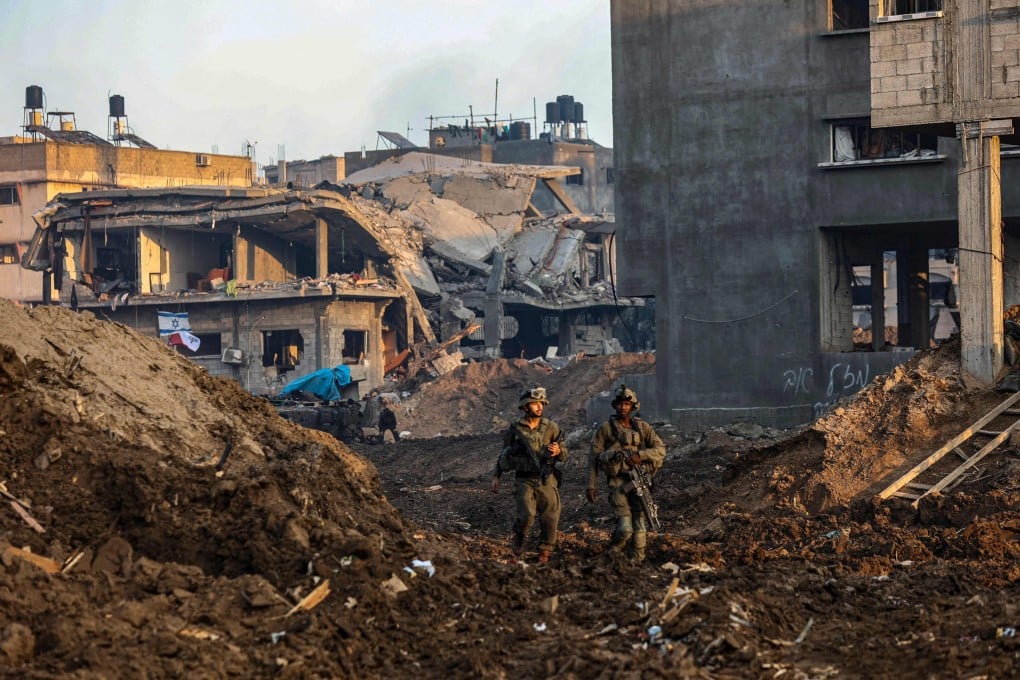Letters | Gaza war: it’s up to us to fight polarisation with fact-based views
- Readers discuss what individuals and the UN can do to foster peace in Gaza, the litter left in the wake of the district council election, and the rewards of reading

It is natural for people on both sides to feel passionate about their own views of the situation. However, people should use good judgment in the face of a huge amount of information and disinformation on social media. Education empowers us to differentiate between right and wrong, and to employ facts instead of emotions in our decision-making process.
I urge the United Nations to play a more active role by bringing Israel, the US and the more balanced and influential leadership in the Arab world – the leaders of Qatar, Saudi Arabia and the United Arab Emirates – to the negotiation table. The negotiation should begin with getting the narrative on the conflict corrected in the Arab world with an acceptance that Hamas’ horrific act triggered this unfortunate situation, resulting in so many unnecessary deaths on both sides.
Israel can then be requested to take a more moderate stance in its response in Gaza – by making the safety of civilians a priority, by allowing aid to come into the city, and by seriously considering the option of two states as suggested by the United Nations.
